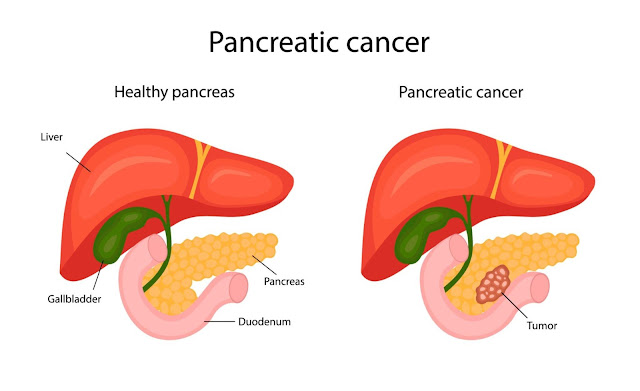Empowering Lives: Leading the Way in Liver Cancer Care - Valentis Cancer Hospital in Meerut
Liver cancer, medically known as hepatocellular carcinoma
(HCC), is a formidable adversary that originates within the liver. It comes in
various forms, including:
Hepatocellular
Carcinoma (HCC):
This is the most prevalent type of primary liver cancer, with its roots in
hepatocytes, the liver's primary cell type.
Cholangiocarcinoma: Also known as bile duct cancer, this
variant originates in the cells lining the bile ducts, connecting the liver to
the bowel and gall bladder.
Angiosarcoma: A rare form of liver cancer that
commences in the blood vessels, more commonly affecting individuals over the
age of 70.
Discover Exceptional Liver Cancer Treatment in Meerut at Valentis Cancer Hospital
Secondary liver cancer, on the other hand, emerges when
cancer from another part of the body metastasizes to the liver. To comprehend
secondary liver cancer, one must consider information about the primary cancer
site. Secondary liver cancer is named after its primary origin, such as
"bowel cancer with liver secondaries." Throughout this discussion, we
will refer to this condition as "secondary cancer in the liver,"
encompassing all cancer types that have spread to the liver.
Liver Cancer Signs and
Symptoms:
The symptoms of liver cancer tend to become more noticeable
as the disease progresses, encompassing:
Fatigue and weakness
Abdominal pain
Abdominal swelling due to fluid accumulation (ascites)
Right shoulder pain
Loss of appetite and nausea
Unintended weight loss
Jaundice, indicated by the yellowing of the skin and eyes
Pale bowel movements
Fever
Causes of Liver Cancer:
The primary risk factor for liver cancer in Australia is
chronic infection with Hepatitis B or C viruses. Several other factors can
elevate the risk of liver cancer, including:
Fatty liver disease or genetic disorders like
haemochromatosis or alpha-1 antitrypsin deficiency
Type 2 diabetes
Excessive alcohol consumption
Obesity
Tobacco smoking
Exposure to certain chemicals
Diagnosis of Liver Cancer:
Diagnosing both primary and secondary liver cancer involves a
series of tests, including:
Blood tests: Assess liver function, blood clotting, tumor
markers, hepatitis status, and genetic factors.
Ultrasound: Produces images of the liver, revealing the size
and location of abnormal tissue.
CT scan: Offers three-dimensional images of organs, aiding in
treatment planning and cancer spread evaluation.
MRI: Provides detailed cross-sectional images of the body,
highlighting tumor extent and its impact on liver blood vessels.
PET-CT scan: Commonly used for secondary liver cancer,
offering colorful 3D images pinpointing cancer locations.
Biopsy: Involves removing tissue for microscopic examination,
conducted through fine needle aspiration or laparoscopy (keyhole surgery).
In cases of secondary liver cancer, additional tests may be
necessary to determine the primary cancer site.
After a Diagnosis of
Liver Cancer:
A liver cancer diagnosis often triggers a whirlwind of
emotions, including shock, anxiety, and confusion. These feelings are entirely
normal, and coping mechanisms vary from person to person. While some individuals
may continue with their daily routines, others may find it challenging.
Openly discuss your treatment options with your healthcare
team, family, and friends. Seek as much information as you need to make
well-informed decisions about your treatment plan.
Valentis Cancer Hospital, renowned for its excellence in
liver cancer care, stands ready to provide unwavering support and a range of
treatment options on your journey towards overcoming liver cancer.
Live Location - https://maps.app.goo.gl/WqQfAm9nLzr71anq5



This insightful article highlights the remarkable work of Best Oncologists In Chennai, showcasing their dedication in empowering lives and leading the way in liver cancer treatment. Their expertise and compassion shine through, making a significant impact in the field of oncology. Truly inspiring and commendable!
ReplyDelete